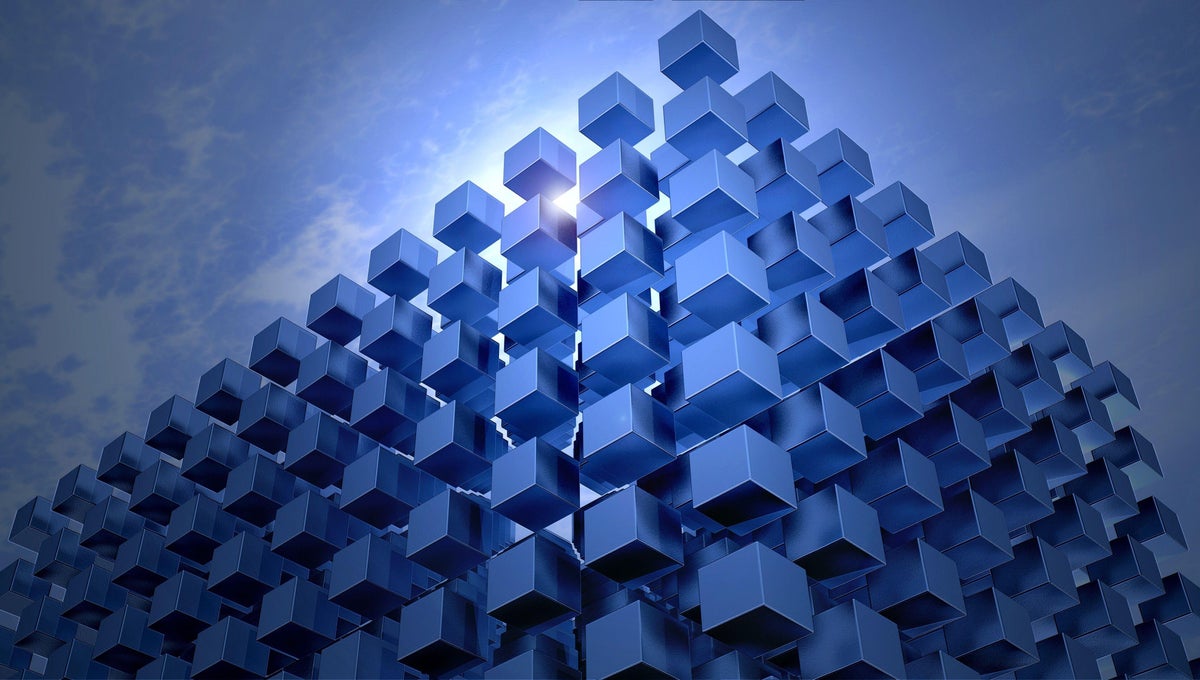DeepMind AI from Google Can Solve Math Problems at a Level Comparable to Elite Human Solvers

AI Advancements in Mathematics: Google’s AlphaGeometry2
Introduction to AlphaGeometry2
In a striking leap for artificial intelligence, Google DeepMind’s AlphaGeometry2 recently showcased its extraordinary math skills, achieving results comparable to top-performing students at the International Mathematical Olympiad (IMO). This milestone follows the previous version, AlphaGeometry, which managed to perform well enough to reach the level of silver medalists in the same prestigious competition just a year ago.
Now, AlphaGeometry2 has surpassed even that, outperforming average gold medalists, an accomplishment described in a preprint available on arXiv. According to mathematician Kevin Buzzard from Imperial College London, it seems inevitable that AI will soon score complete marks in such high-stakes competitions.
The Challenge of Geometry in Math Competitions
The IMO comprises challenging questions across four key mathematical domains: Euclidean geometry, number theory, algebra, and combinatorial mathematics. Geometry, in particular, poses specific requirements as competitors must provide thorough and rigorous proofs concerning various geometric objects on a plane.
In July, AlphaGeometry2 made its debut alongside AlphaProof, another DeepMind innovation aimed at tackling the non-geometry problems featured in IMO tests. The combination of these two AIs represents a significant advancement in problem-solving capabilities in high-level mathematics.
Breakdown of AlphaGeometry’s Functioning
Key Components of AlphaGeometry
AlphaGeometry’s design includes a sophisticated language model and a ‘neuro-symbolic’ system. Unlike traditional neural networks, which learn primarily from vast amounts of data, this system incorporates human-coded abstract reasoning. The language model can communicate in a formal mathematical language, enabling the validation of its outputs for logical accuracy while minimizing the occurrence of incorrect or nonsensical statements that are typically found in AI interactions.
Enhancements in AlphaGeometry2
Several improvements have been integrated into AlphaGeometry2. The most notable upgrade is the incorporation of Google’s latest large language model, Gemini. This allows the AI not only to make logical deductions but also to manipulate geometric figures. For instance, it can shift a point along a line to alter the height of a triangle or solve linear equations effectively.
AlphaGeometry2 has demonstrated remarkable success, solving 84% of geometry problems posed in IMO competitions over the past 25 years. In contrast, its predecessor only managed a 54% success rate.
Future Developments
The research team behind AlphaGeometry projects future iterations to address more complex mathematical problems, including inequalities and non-linear equations, which will be essential for fully mastering geometry challenges.
The Competitive Landscape
AI Challenges Ahead
A significant prize of $5 million is on the table for the first AI system to achieve a gold medal in an overall test at a future International Mathematical Olympiad. However, to be eligible, the AI must be open-source, which currently excludes DeepMind’s systems from this competition.
Buzzard points out that while the IMO problems are challenging, they are conceptually simple and that there remain countless hurdles for AI to overcome before it can solve problems at the level encountered in research mathematics.
Upcoming Competitions
Excitement builds around the next IMO event taking place in July 2025 in Sunshine Coast, Australia. Following the competition, the problems will be available for both human participants and AI systems to solve. While AIs cannot compete directly and win medals, analyzing new problems serves as a robust test for AI capabilities since there’s no risk of prior exposure to the problem set.
As the field of AI continues to progress rapidly, the developments from DeepMind, Indian, and Chinese teams reflect the growing potential of AI in tackling complex mathematical problems typically reserved for high-achieving human students.





